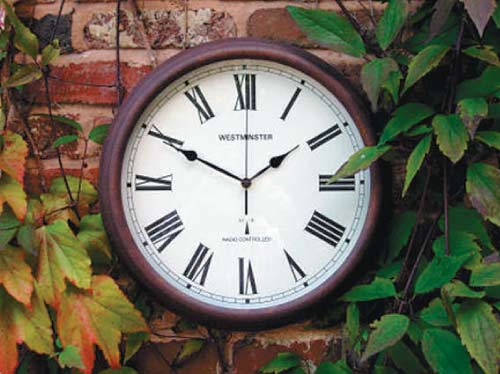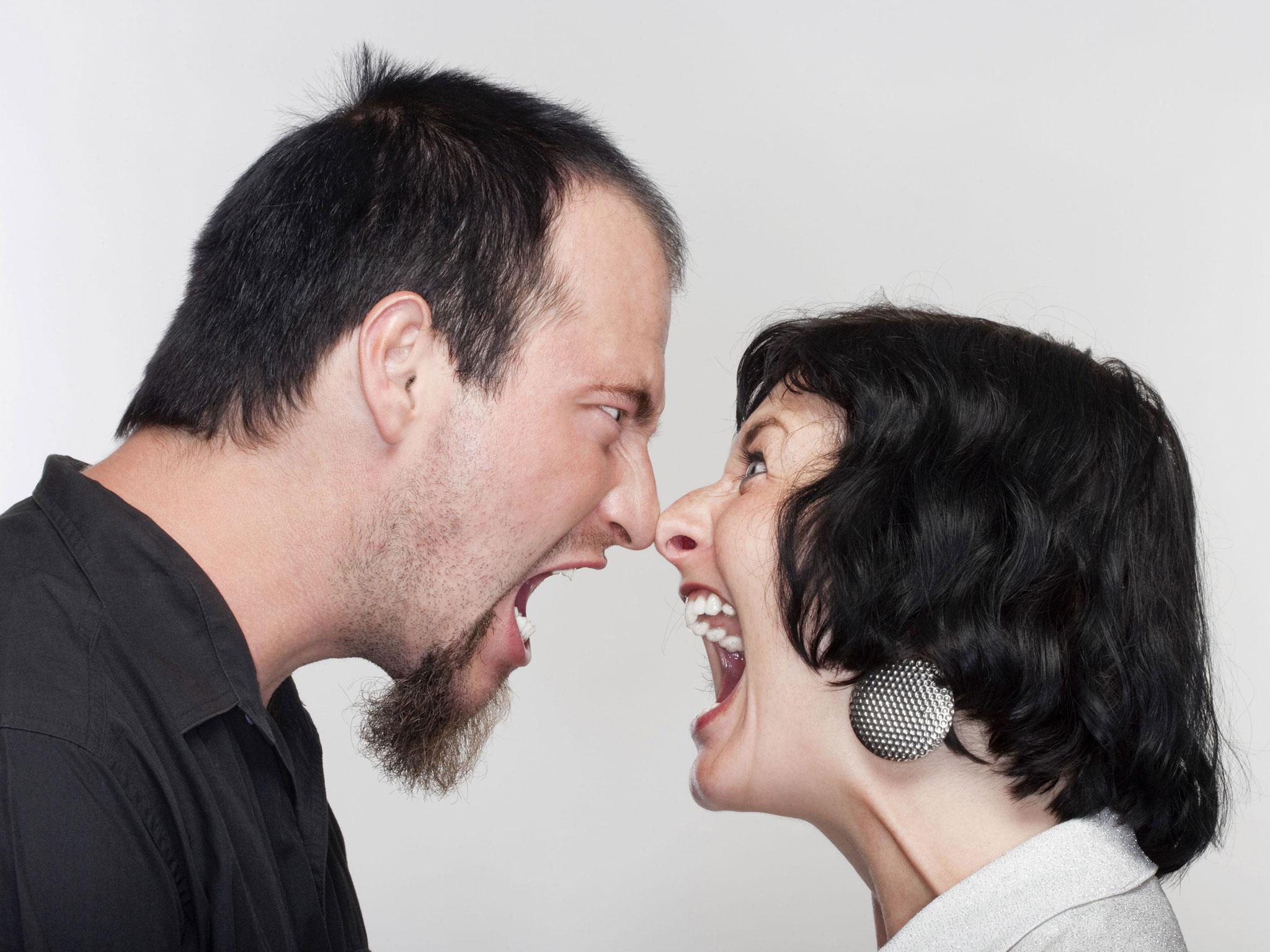What time is it? And why clocks going forward is a total waste of time
The extra hour of sunlight is wonderful, but the cons outweigh the pros

Your support helps us to tell the story
From reproductive rights to climate change to Big Tech, The Independent is on the ground when the story is developing. Whether it's investigating the financials of Elon Musk's pro-Trump PAC or producing our latest documentary, 'The A Word', which shines a light on the American women fighting for reproductive rights, we know how important it is to parse out the facts from the messaging.
At such a critical moment in US history, we need reporters on the ground. Your donation allows us to keep sending journalists to speak to both sides of the story.
The Independent is trusted by Americans across the entire political spectrum. And unlike many other quality news outlets, we choose not to lock Americans out of our reporting and analysis with paywalls. We believe quality journalism should be available to everyone, paid for by those who can afford it.
Your support makes all the difference.In what will come as terrible news for fans of sleep, last night the clocks jumped forward an hour.
Good news for those working night shifts, for everyone else the start of BST (British Summer Time) at 1am has made that Sunday lie-in an hour less sweet.
If you woke up this morning wondering if your various devices have updated automatically, you can double check the current time here.
Why we keep up this confusing practice, first proposed as a joke by Benjamin Franklin in 1784 and originally instigated in the UK in 1916, seems to have been slightly lost to time.
Though admittedly the extra hour of sunlight in the evening can be delightful, it seems now that the practicalities of the change are in fact more damaging, and not just in their effects on fans of lie-ins, than they are beneficial.
Here are a few reasons why we should consider scrapping the whole thing:
Personal health
Studies have shown that there is a notable spikes in the occurrence of heart attacks and and a rise in suicide rates around the time that the clocks go forward. This is generally attributed to the shift disrupting our circadian rhythms and rather puts into shade the extra jog you might get in once a week.

Car accidents
A 17 per cent rise in car accidents has been recorded in the week following the change: This is largely attributed to the drivers being overly tired and less attentive than usual due to the lack of sleep combined with less light in the morning.
Strain on relationships
The change puts a strain on the heart in another way. Studies have found that less sleep equals higher irritability, elevated selfishness and thus more fights with your partner. Suddenly the fact that they didn't hang up the bath mat embodies the existential failures of your entire relationship.

Actually changing all the clocks
You start with your watch, then it’s the kitchen clock, the microwave, then the car and so on. Basically you spend the whole extra hour of the first day making sure that you know there’s an extra hour. At least iPhones do it for you now.
It might not even benefit energy consumption
A study in the US state of Indiana after it introduced 'daylight savings time' in 2006 found that residents actually used 1 per cent more energy overall. Whilst there is a decreased use of lighting in the evening, the change equates to more use in the morning and air conditioning units being turned on earlier.
The inevitable chaos
No matter how fastidious we may be in our observance of the change, huge amounts of people turn up for work late and countless meetings are ruined. Plus the sight of someone sitting at a restaurant table by themselves, lonely and sighing for an hour, remains a common sight.
Subscribe to Independent Premium to bookmark this article
Want to bookmark your favourite articles and stories to read or reference later? Start your Independent Premium subscription today.
Join our commenting forum
Join thought-provoking conversations, follow other Independent readers and see their replies
Comments